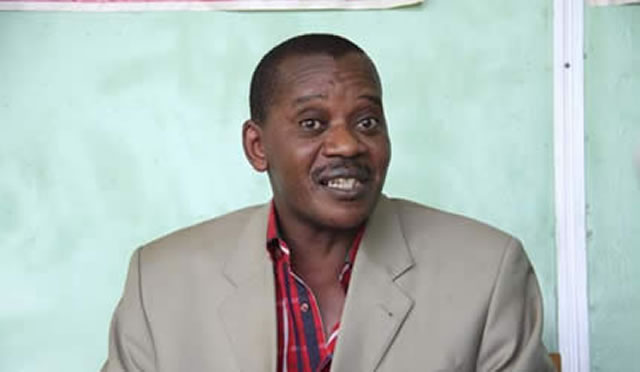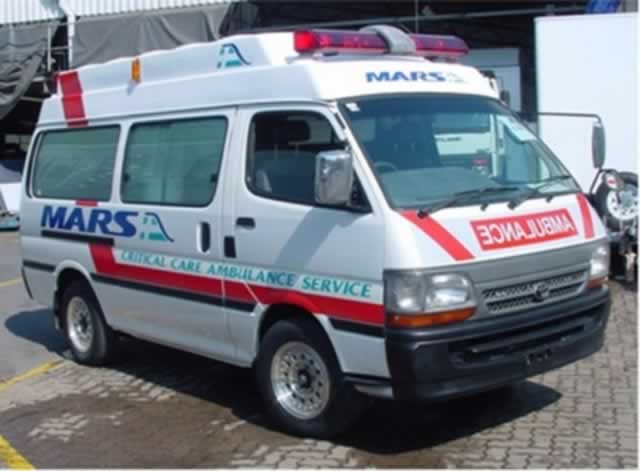Editorial Comment: City Council robbing Peter to pay Paul

The proposed City of Harare Council Budget for 2014 presented on Friday last week shows that the municipal authority plans to heavily milk motorists to augment the decrease in revenue expected from other downward adjustments like the fixed water charges.
On the surface this appears to be an innovative approach to capitalisation whereby residents have their bills reviewed downwards while those who transgress against city by-laws literally pay through the nose.
The proposed clamping and tow-away fines for illegally parked cars and other city by-law traffic offences have been hiked to US$423. This is an almost 300 percent increase from the current US$112.
Owners of vehicles, especially those who need to come into the CBD, are understandably shocked by the proposal and are wondering if the municipality is targeting a vehicle-free city centre.
The city authorities claim that another reason for coming up with the prohibitive fees is to bring back sanity into the city centre.
Council spokesperson Leslie Gwindi said that the punitive charges would force people to adhere to city traffic requirements and park their vehicles properly.
He surely does have a point as the lawlessness on the city’s roads has become legendary.
People do stop their cars where they will, avoid paying parking fees and generally choke the streets of the CBD.
Commuter omnibuses, cabs and pirate taxis are the worst culprits but private motorists are not blameless either.
Right now as we enter the rainy season and every commuter, driver or passenger dreads the slightest sign of precipitation during the peak hours.
For no good reason that one can perceive, drivers seem to forget every rule in the driving book and end up grid-locked at intersections as they fail to use common sense and just block each other’s way.
So a prohibitive fine should create immediate order as every driver develops the culture of respecting traffic laws, city or national.
Except that the city fathers do not seem to have considered the problems that created the lawlessness in the first place, mainly the sheer number of vehicles versus the capacity of the city to deal with them.
They seem to be bent on treating the symptoms without attempting to cure the disease.
The first obvious move would be the creation of an efficient, comfortable and affordable commuter transport system.
In many Western cities like New York and London, very few people use their personal vehicles to commute as the public service providers meet the above conditions.
Such cities have prohibitive fines because there are options for the people.
If commuters from Chitungwiza, Norton, Marondera and Ruwa did not need to come into town in their personal vehicles, the congestion would be eased considerably. And for the individuals and the employers the cost of coming to work would also be reduced accordingly.
But one cannot expect a person to leave their car at home to wait endlessly at the pick-up point before being forced to endure a long ride squashed up in a kombi manned by a rude crew and driven recklessly.
And as long as the roads are congested the commuter omnibus drivers will cut any corner they can to do as many trips as possible before the commuter flow dries up.
So more and more people will keep on importing cars, increasing the number of vehicles in the city centre, daily.
The number of long-term parking bays in the city is woefully inadequate for the number of cars driven into town.
So drivers who cannot get parking in those slots are forced to play hide and seek with the municipal traffic police on the streets.
A visit to any taxi or commuter omnibus rank will show the same problem as drivers jostle for space and cannot avoid spilling over into streets that are not designated loading or off-loading areas, immediately creating chaos in those areas.
The creation of out-of-CBD zones for commuter omnibuses such as the proposed site near Colcom beyond Rotten Row is not a solution as a commuter coming from that side of town and wanting to get to First Street or beyond will have to traverse on foot.
Once again, the revival of Zupco seems to be the key long-term plan that everyone knows is crucial but no one seems determined to push for it.
We note that Zupco buses seem to be increasing on inter-city routes and hope that commuter operations are planned for sometime in the immediate future.
We urge the city fathers to really think their options through instead of attempting cosmetic solutions for deep-rooted problems.









Comments